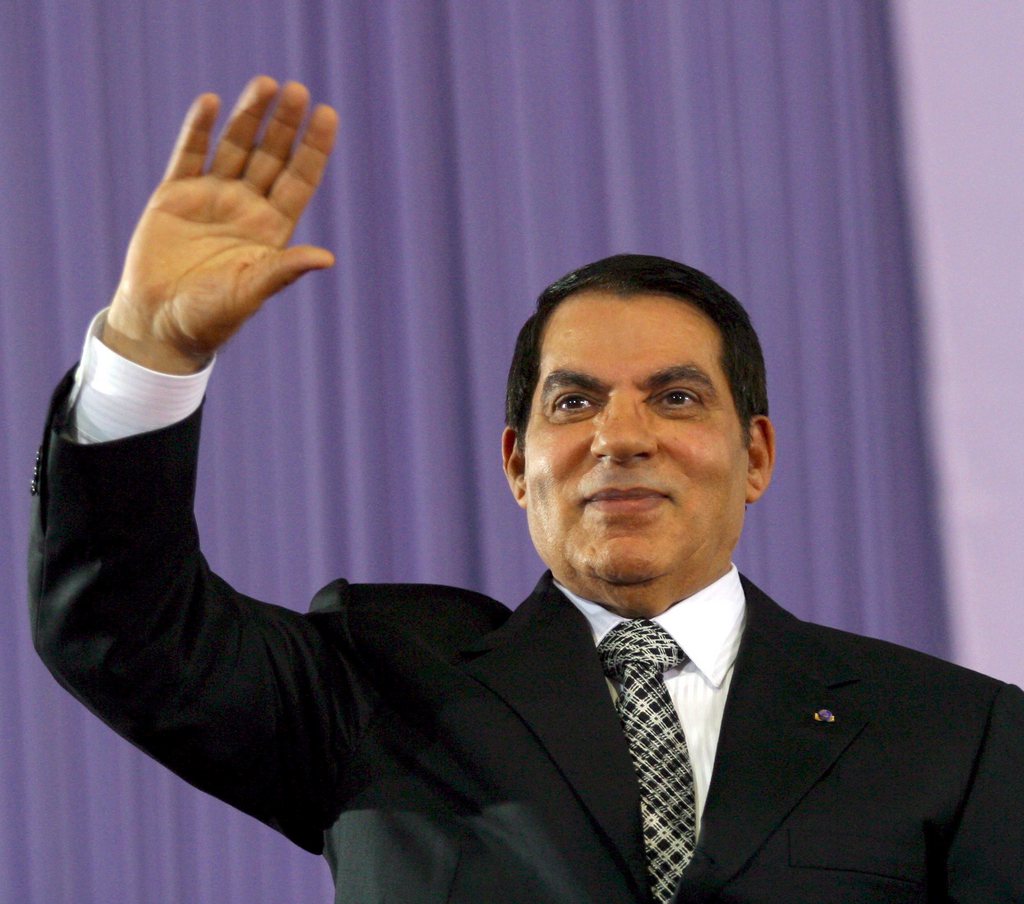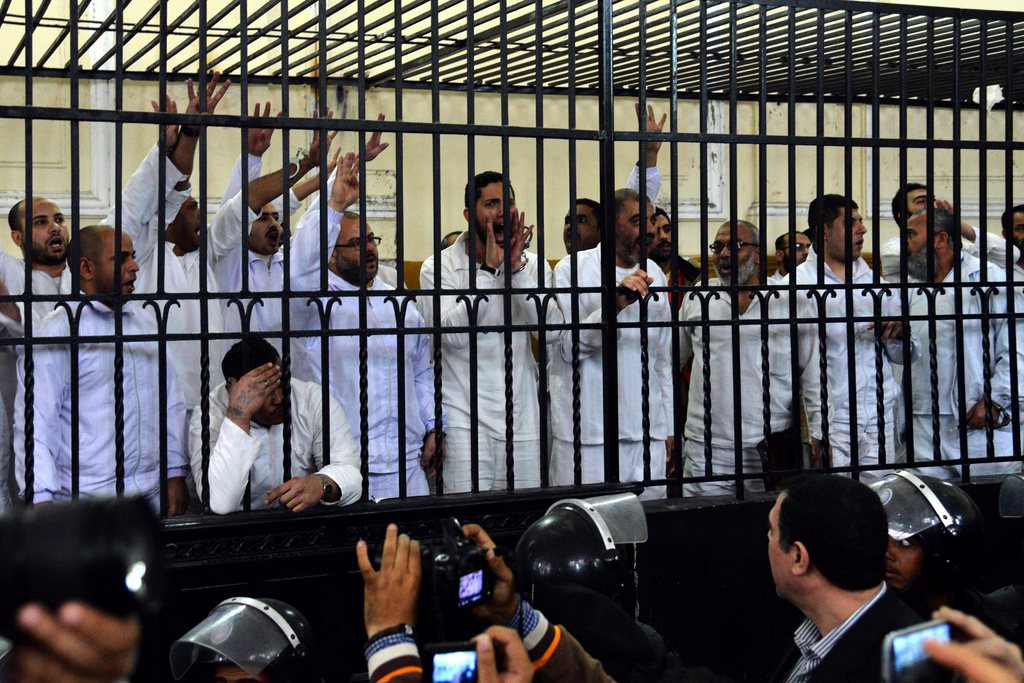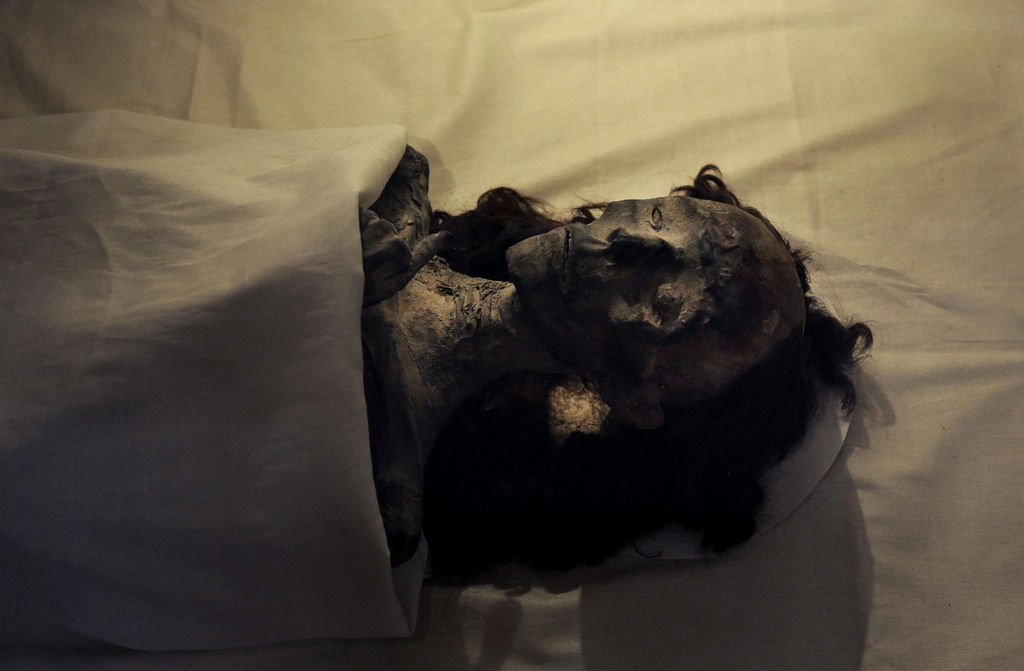Swiss unfreeze $40 million of Tunisian assets

Switzerland has decided to unblock $40 million (CHF35 million) in Tunisian funds being held in Swiss banks, the Federal Prosecutor’s Office has confirmed. These are the first assets to be unfrozen in conjunction with the Arab Spring.
“The decision is the result of good collaboration with the Tunisian authorities,” Federal Prosecutor Michael Lauber told Swiss public radio, SRF, on Friday.
The Tunisian authorities were able to provide enough evidence to allow the monies, which were linked to Tunisia’s former autocrat Zine el-Abidine Ben Ali, to be returned prematurely.
However, the decision is still not definitive, as an appeal could be lodged at the Federal Criminal Court.
The cabinet blocked around CHF60 million ($68.5 million) in assets from Tunisia after the fall of Ben Ali in January 2011.
The Federal Prosecutor’s Office hopes that the rest of the funds can also be returned soon. “There are other millions that are blocked in Switzerland. We are trying to go forward there as well,” Lauber stated.
Other funds
These are not the only funds linked to the Arab Spring frozen in Switzerland. On March 31, Switzerland said it was unlikely to return CHF700 million in frozen assets to Egypt in the near future, given the death sentences awarded to 529 members of the Muslim Brotherhood.
The assets were also frozen in 2011, following the collapse of the Egyptian regime presided over by then President Hosni Mubarak. The money was believed to have been stashed in Swiss banks by Mubarak and his entourage.
Under Swiss law, other nations are generally required to provide information about possible criminal wrongdoing to start unblocking any frozen assets. The money is usually locked up for three years, and during that time governments must meet Swiss requirements such as providing information of any financial crimes that could be prosecuted on Swiss soil.
Switzerland was first faced with the problem of dictators’ assets in 1986, when Philippines strongman Ferdinand Marcos was driven from office.
Since then, assets hidden in Swiss banks by several other corrupt leaders have come to light. The leaders include Mobutu Sese Seko (Zaire, now renamed the Democratic Republic of Congo), Jean-Claude Duvalier (Haiti), Sani Abacha (Nigeria), Hosni Mubarak (Egypt), Zine el-Abidine Ben Ali (Tunisia), and Moammar Gaddafi (Libya).
Over the past 20 years, Switzerland has restored CHF1.7 billion to countries pillaged by their rulers. In the same period the world figure for such restitution was CHF5 billion, according to the World Bank.

In compliance with the JTI standards
More: SWI swissinfo.ch certified by the Journalism Trust Initiative


You can find an overview of ongoing debates with our journalists here. Please join us!
If you want to start a conversation about a topic raised in this article or want to report factual errors, email us at english@swissinfo.ch.